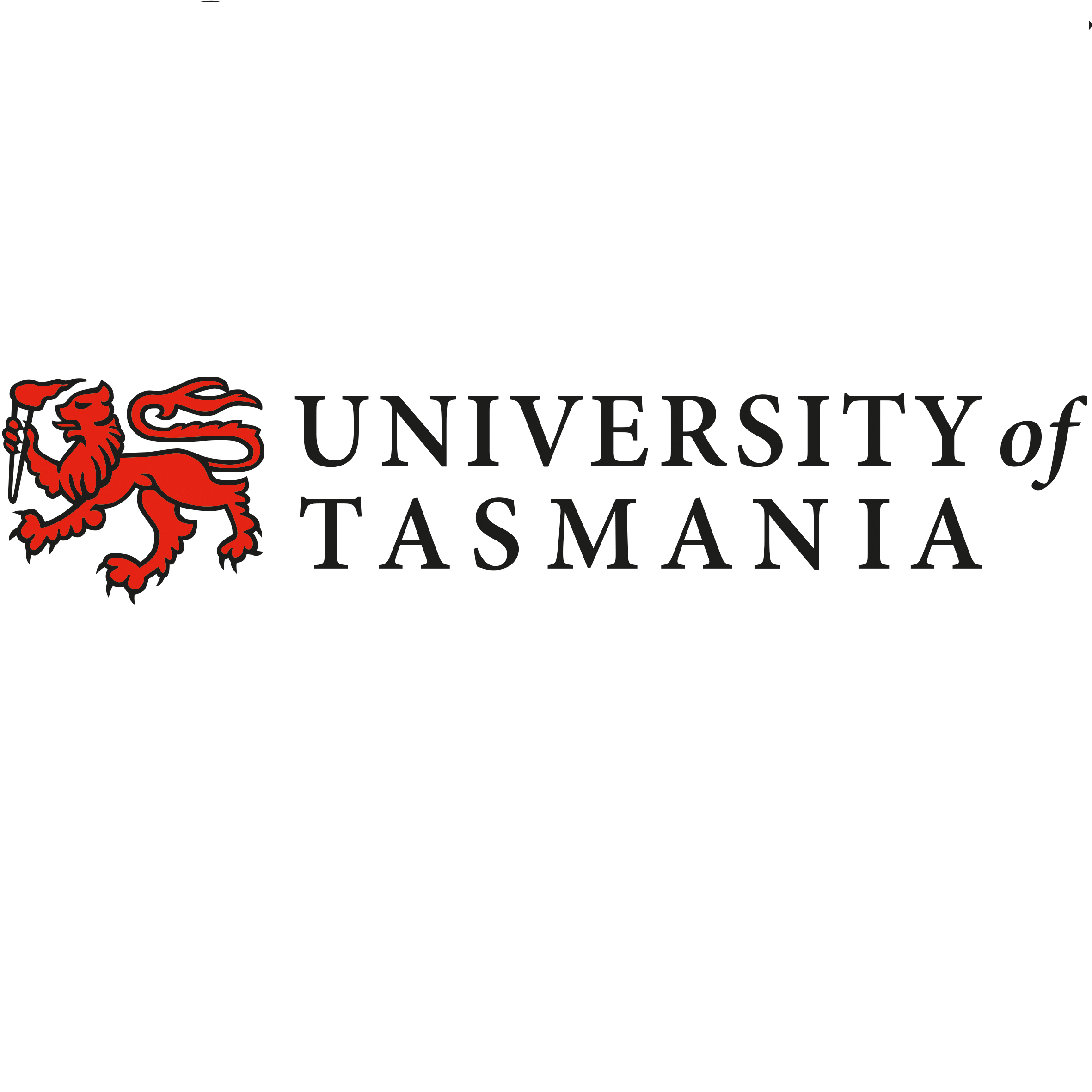Full description
Most research investigating how ocean warming and acidification will impact marine species has focused on visually dominant species, such as kelps and corals, while ignoring visually cryptic species such as crustose coralline algae (CCA). CCA are important keystone species that provide settlement cues for invertebrate larvae and can be highly sensitive to global ocean change. However, few studies have assessed how CCA respond to low emission scenarios or conditions. In a laboratory experiment, we examined the responses of temperate CCA assemblages to combined warming and acidification projected under low, medium, and high emissions. Net calcification and net photosynthesis significantly declined in all emissions scenarios, while significant reductions in relative growth rates and increases in percentage bleaching were observed in the highest emission scenario. The negative responses of CCA to both low and medium emissions suggest that they may be adversely impacted by combined warming and acidification by 2030 if current emissions are sustained. This will have far reaching consequences for commercially important invertebrates that rely on them to induce settlement of larvae. These findings highlight the need to take rapid action to preserve these critical keystone species and the valuable services they provide.Lineage
Maintenance and Update Frequency: none-plannedData time period: 2019-02-25 to 2019-04-10
text: westlimit=147.0402834266424; southlimit=-43.57941084323931; eastlimit=147.6115724891424; northlimit=-42.552083713441164
User Contributed Tags
Login to tag this record with meaningful keywords to make it easier to discover
(DATA ACCESS - crustose coralline algae responses to combined warming and acidification)
uri :
https://data.imas.utas.edu.au/attachments/1ec2e43b-899e-40a8-a7f8-a02ea089499f/CCA_responses.csv![]()
- DOI : 10.25959/FMMT-QM54

- global : 1ec2e43b-899e-40a8-a7f8-a02ea089499f


